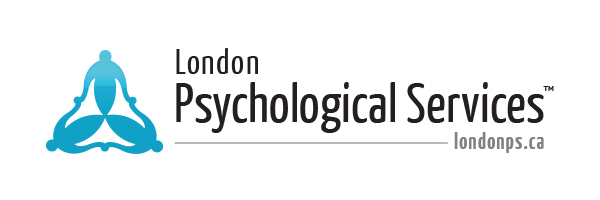If you’re on this website and reading this blog, you may be trying to figure out if counselling is something that you may want to try out. First of all, welcome and thank you for taking the time to read this blog! It is totally normal to be unsure about this whole therapy thing. There are so many stereotypes, misinformation, and mystery about counselling and how it all works and whether it is the right choice. I have had many clients confess that they had been debating whether to start therapy for years. It is a big decision, and a very brave one. So how do you decide whether to give it a try?
Counselling may be the right choice for you If:
- There is something in your life that is bothering you. You may be feeling down. You may be feeling anxious all the time. You may be grieving a loss. You may be having problems in your relationships. You may have experienced a trauma and are having difficulties coping with it. You may still be going to work, meeting your obligations, socializing, but something just doesn’t feel right. I don’t decide whether something is “therapy worthy” – you do.
- You want to feel better. You want to get through a day (or hour, or minute) without feeling bad.
- You feel ready to talk about what is bothering you. You may not feel ready to talk about all of it just yet, but you’re feeling ready to start. Only you can determine when you are ready. It can’t be when your partner/parent/friend/child tells you that you should seek therapy. If you’re not ready right now, that’s okay. One day, you may be.
- You are ready to work. Being in therapy is hard work. You will be acknowledging things in your life that are painful. You will likely need to make some changes. You will leave some sessions feeling like you’ve just run a marathon. It will be hard at times.
- You are ready to make the investment in yourself. Being in therapy is a big commitment. It takes time and money. You will need to find a time to come to your appointment on a regular basis (most people begin coming on a weekly basis). You will need to earmark money for your counselling. If you are covered under benefits, you should look into the amount of coverage that you have and when your benefits are renewed. Some people like to begin therapy at the end of the calendar year to use up the current year’s entitlement and move right into the new year’s entitlement.
- You aren’t looking for someone to tell you what to do. It would be presumptuous of me to tell you how you should live your life. My role is to help you look at your life from different perspectives, but ultimately, only you can decide what is best for you. Despite the image of the therapist who tells you what to do (Dr. Phil, I’m looking at you), that is definitely not how things happen in therapy.
- If you’re totally honest with yourself, your own well-being has been sorely neglected. It is difficult to imagine having a whole hour that is dedicated just to you, your feelings, your experience (it may be even a bit overwhelming to think of all that attention devoted to you!).
Counselling may not be the right solution for everyone, but if the above resonates with you than that may be a sign that you’re ready to give it a shot. It is totally normal to feel nervous. It is totally normal to wonder whether counselling will make any difference at all. Making that first appointment is a huge step. Take a deep breath, pick up the phone, give us a call. You can do this.

